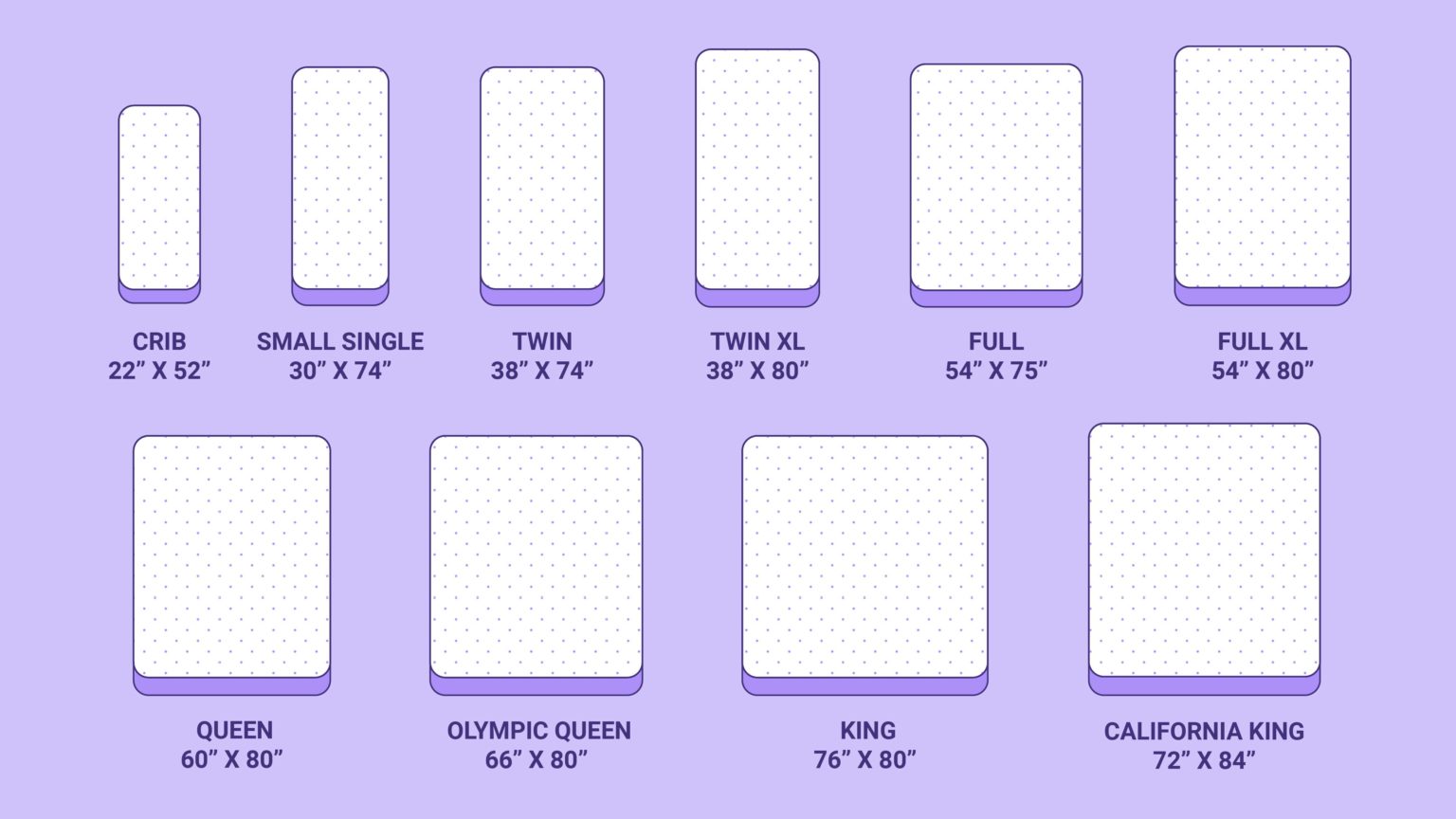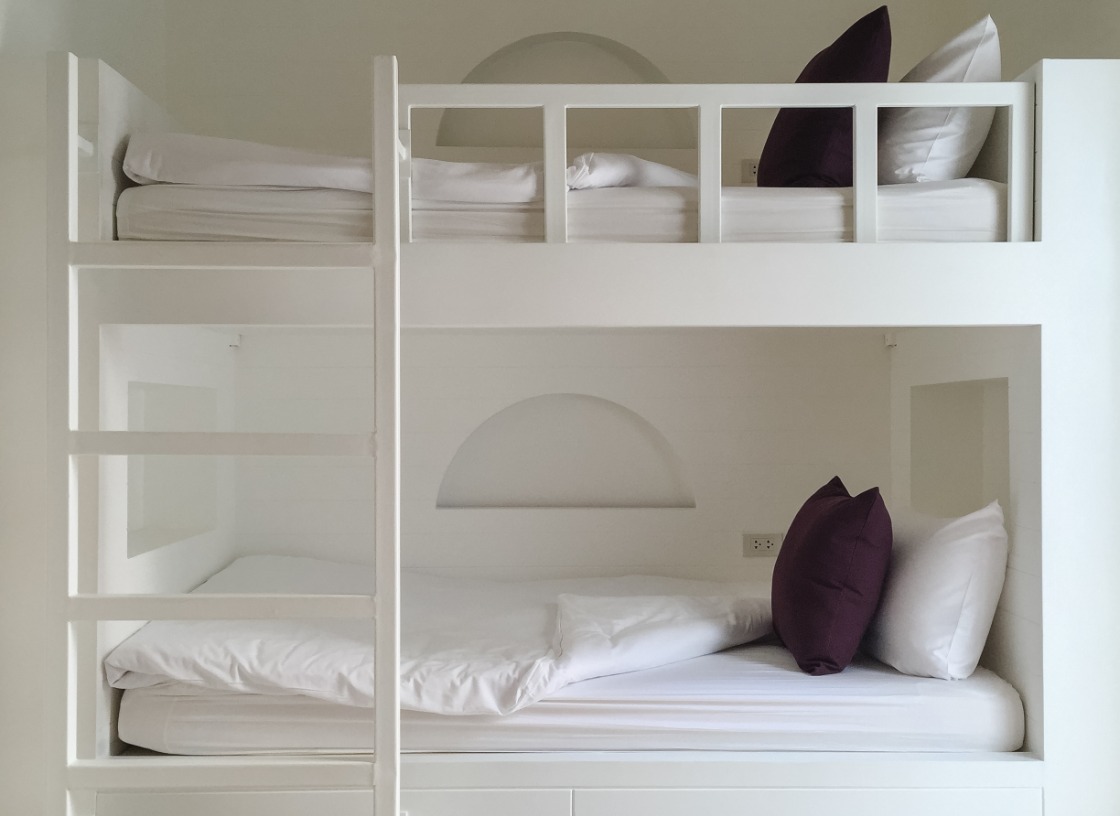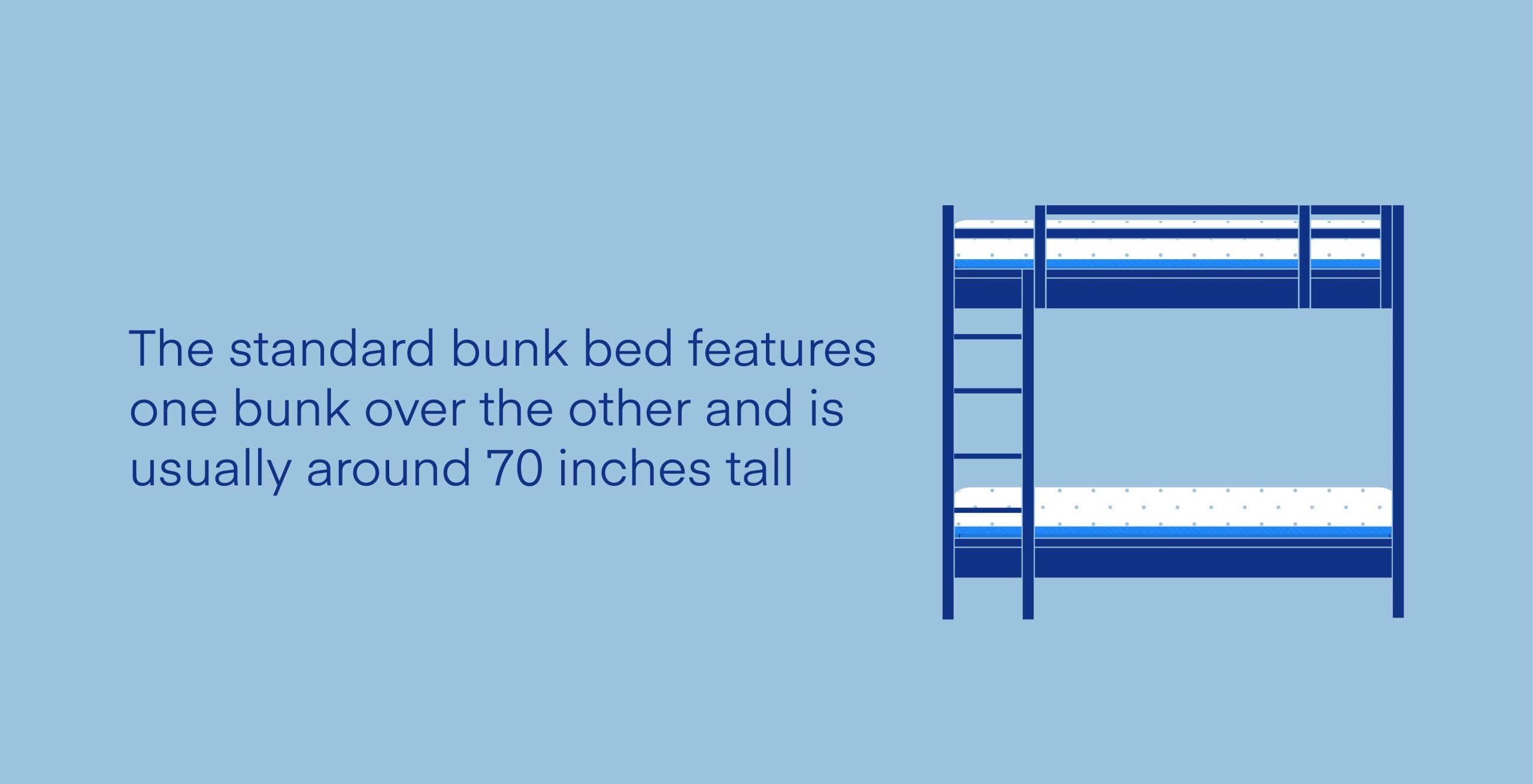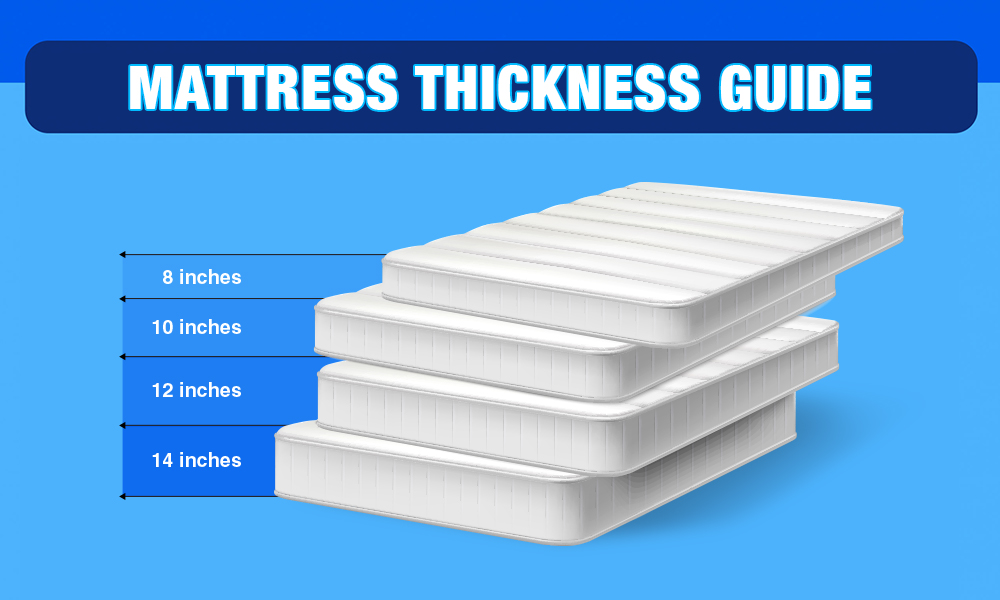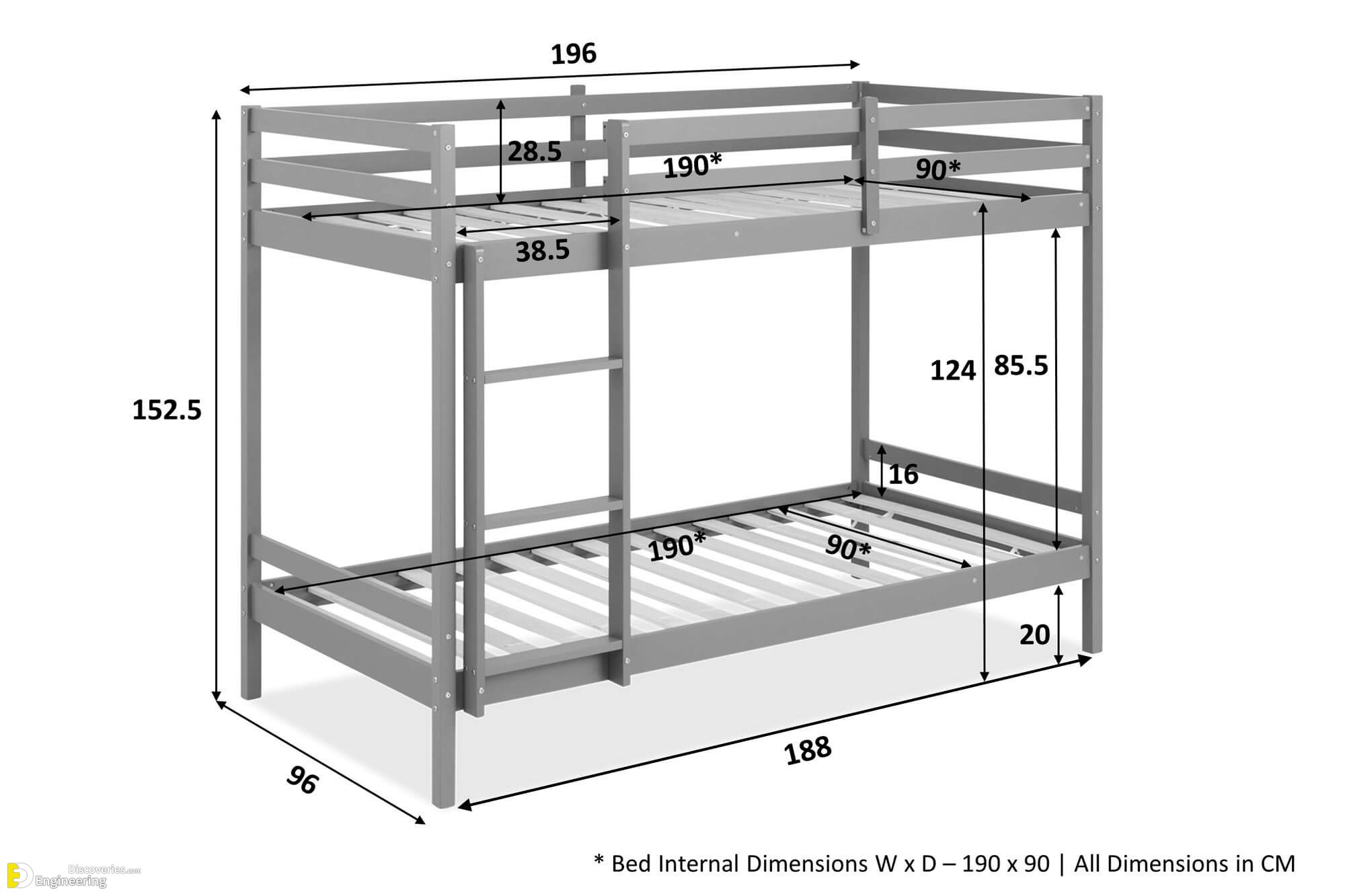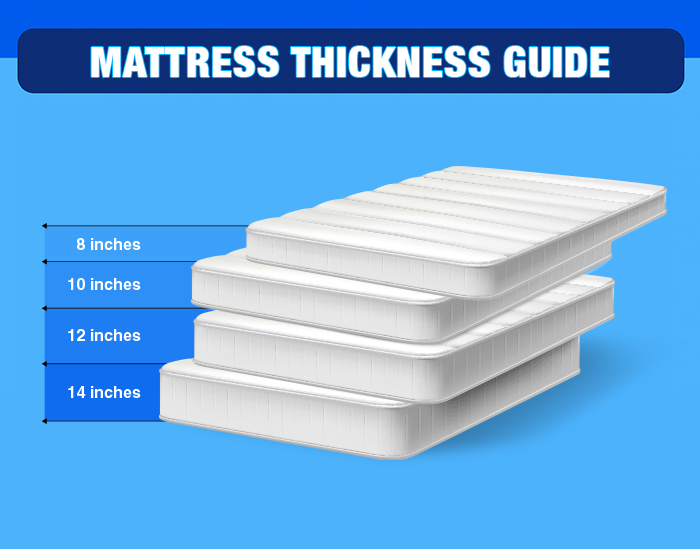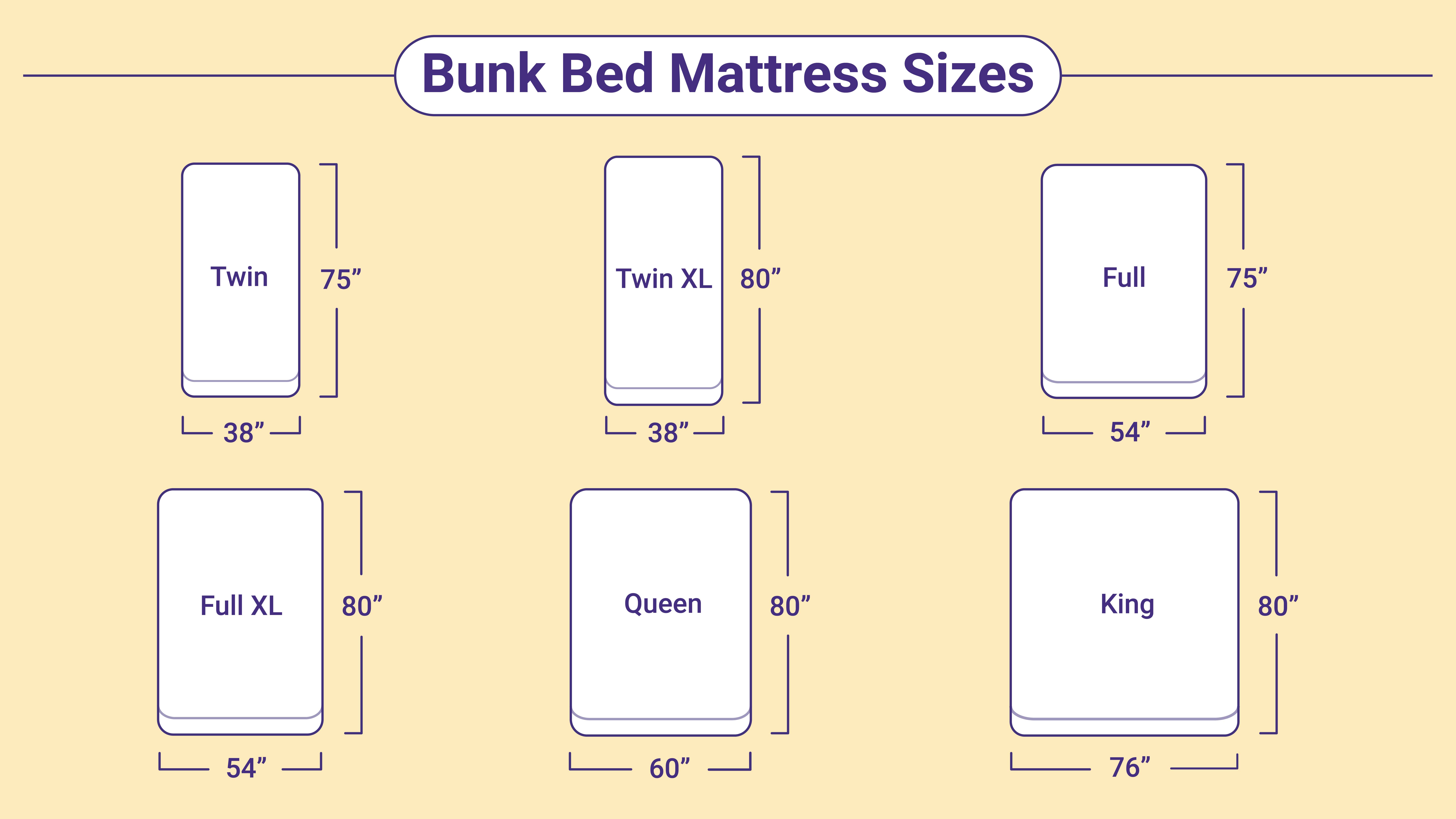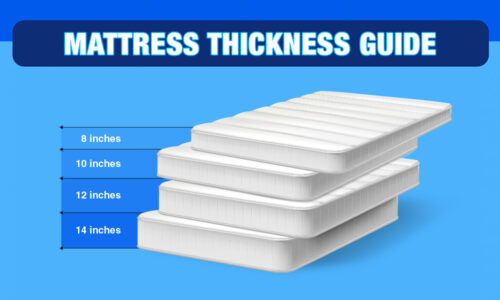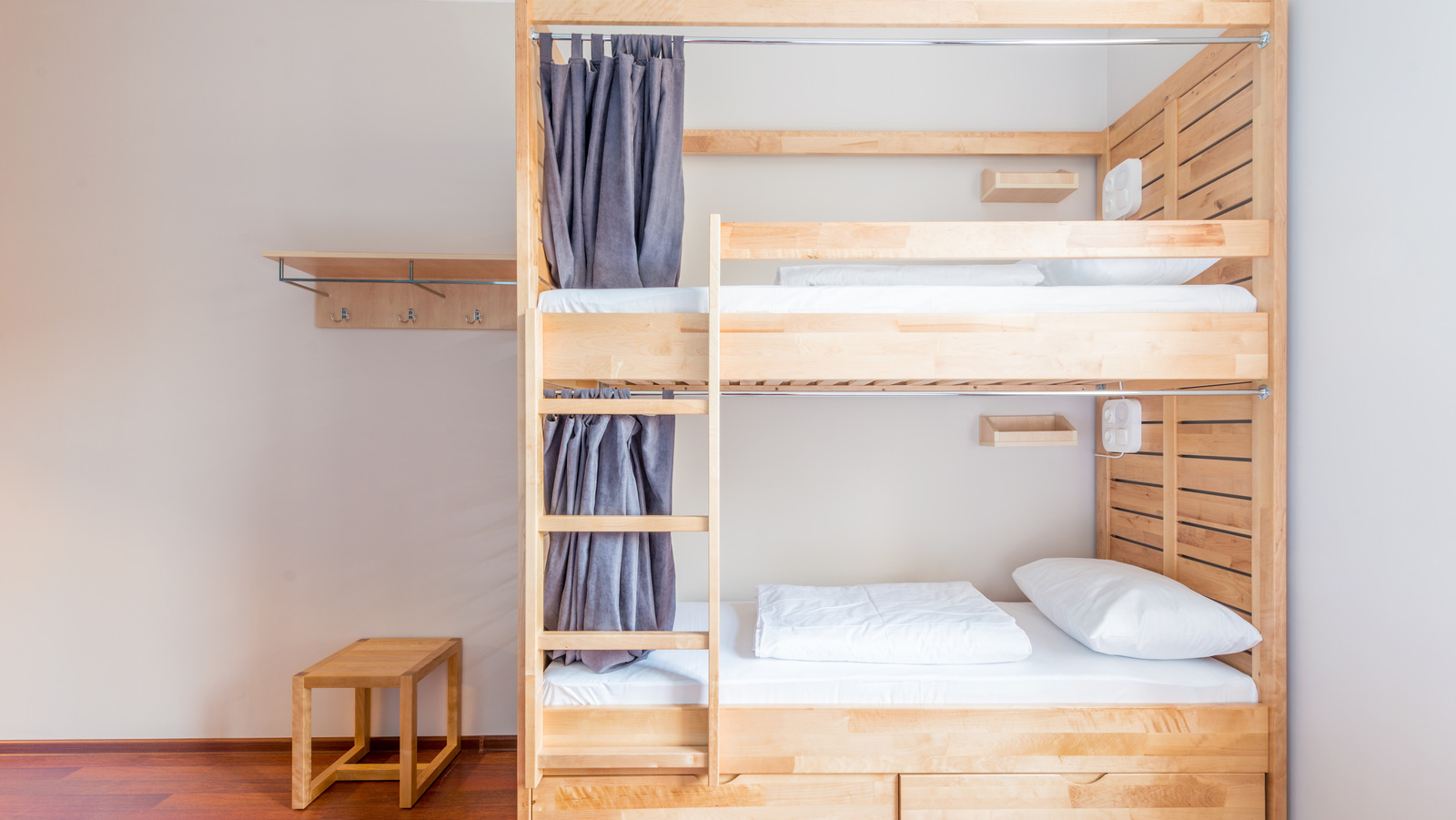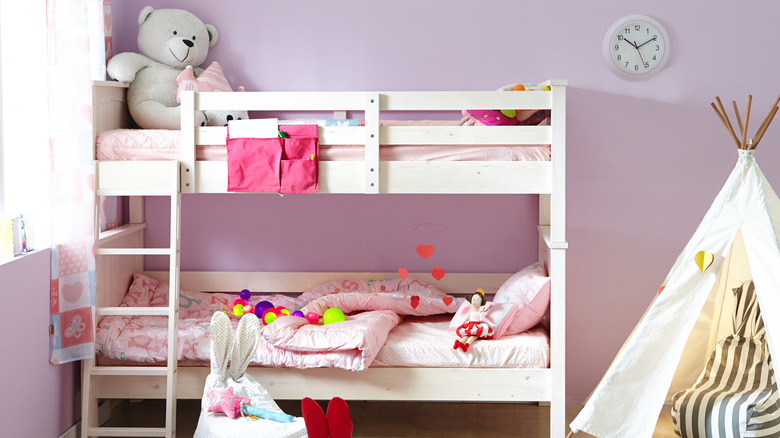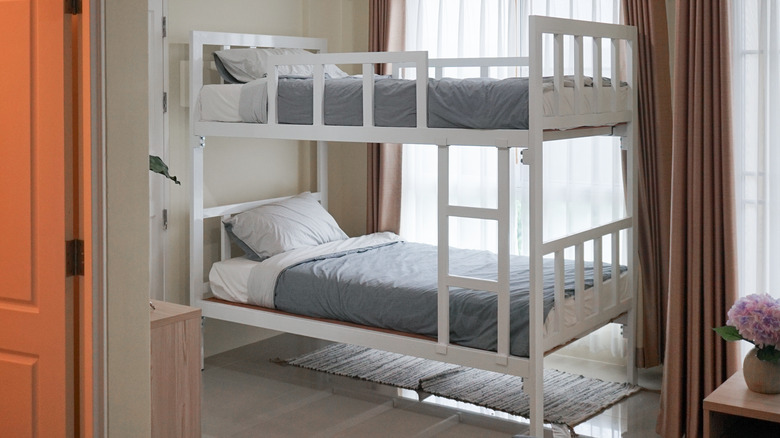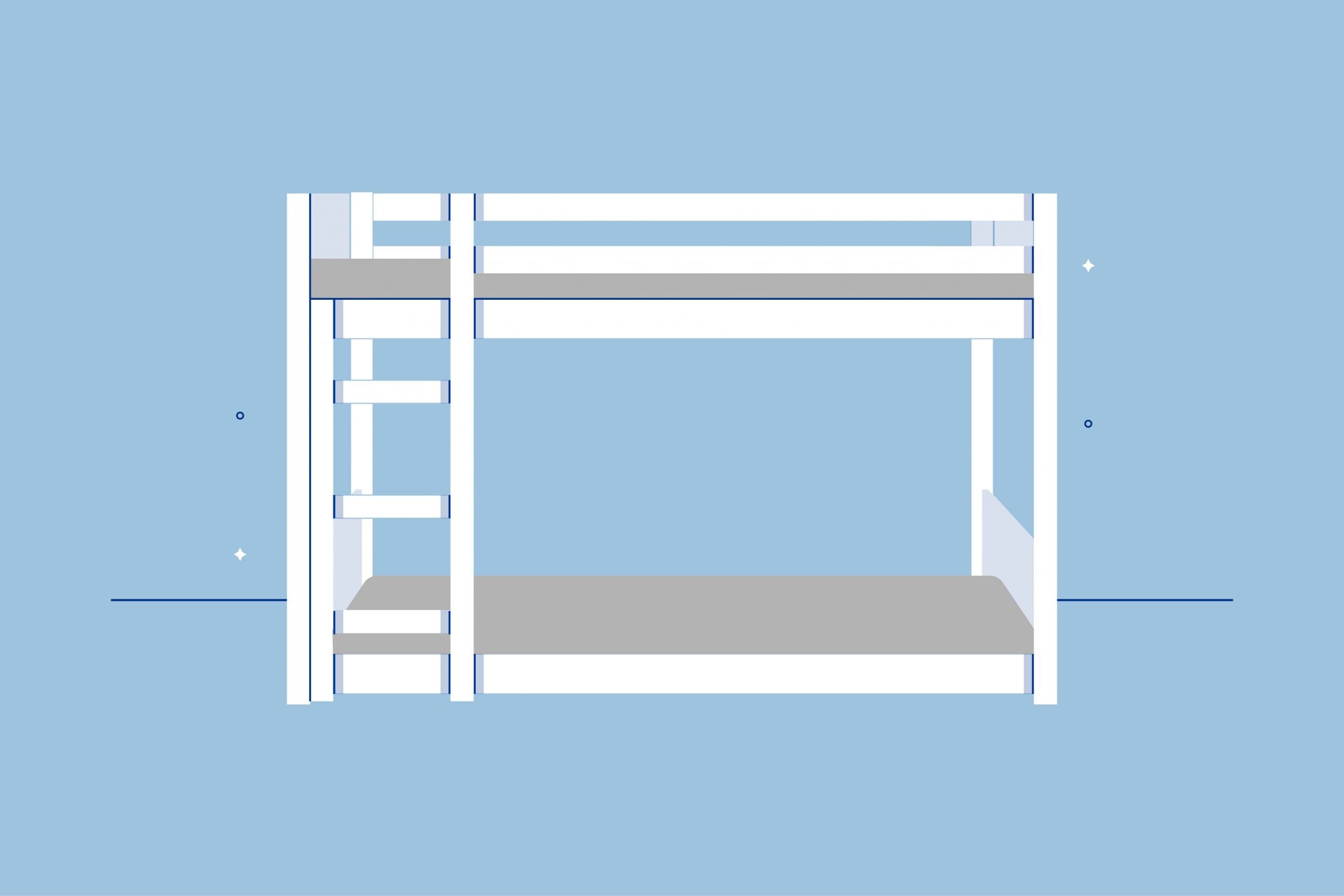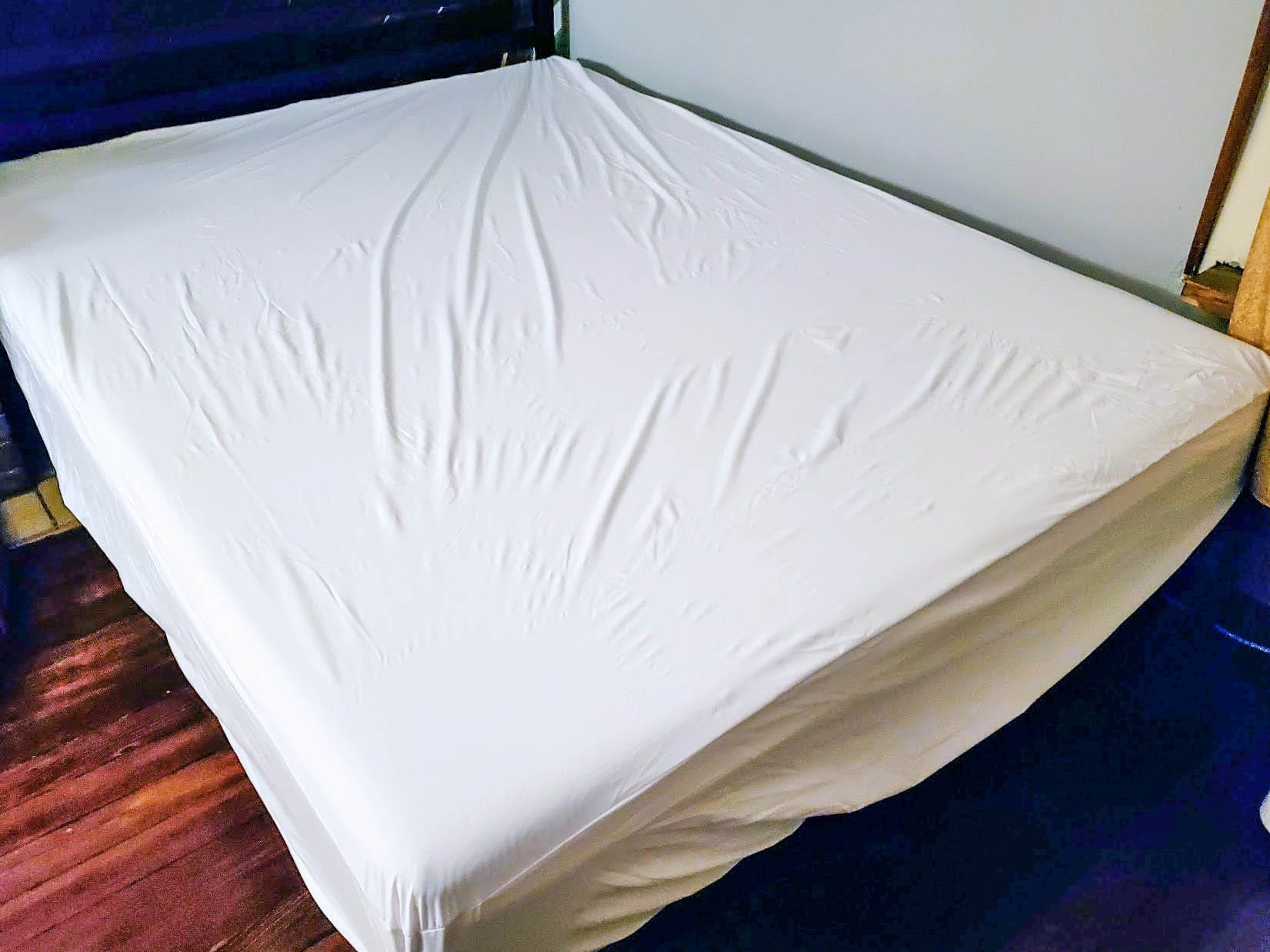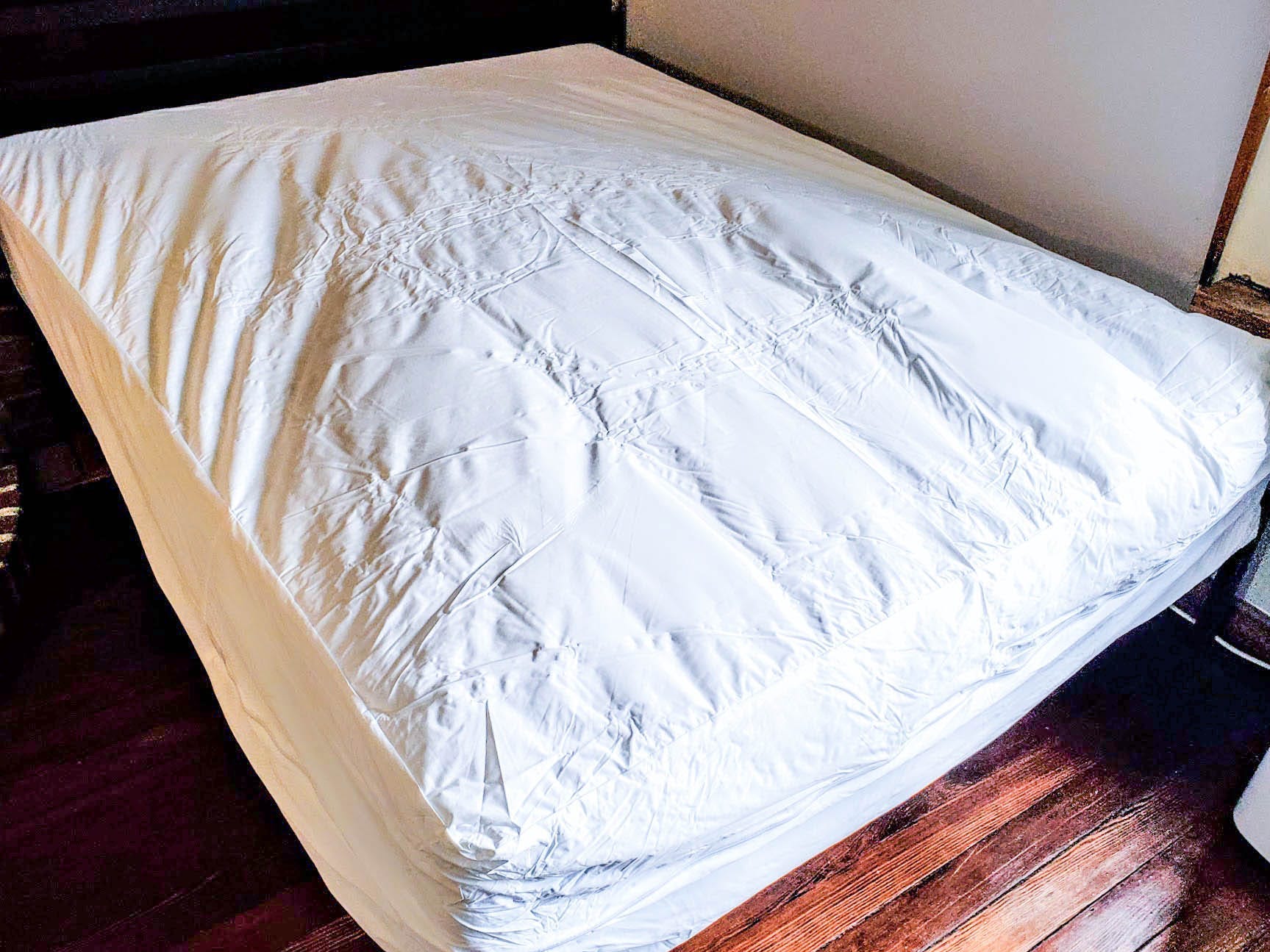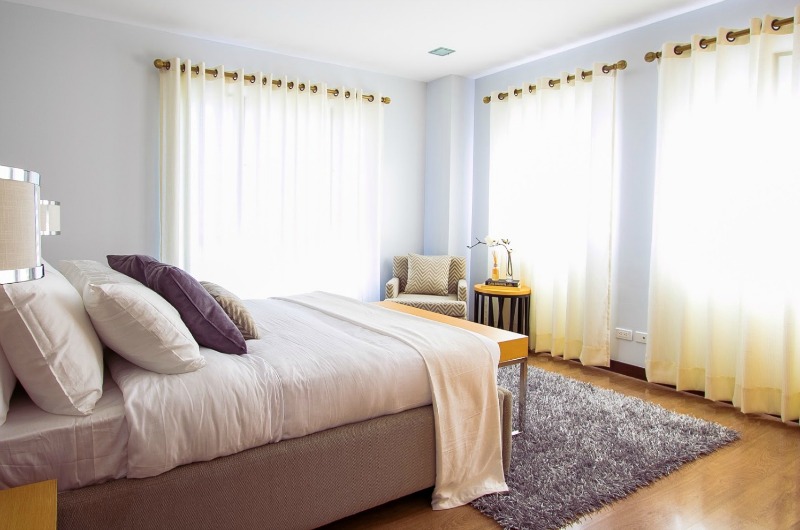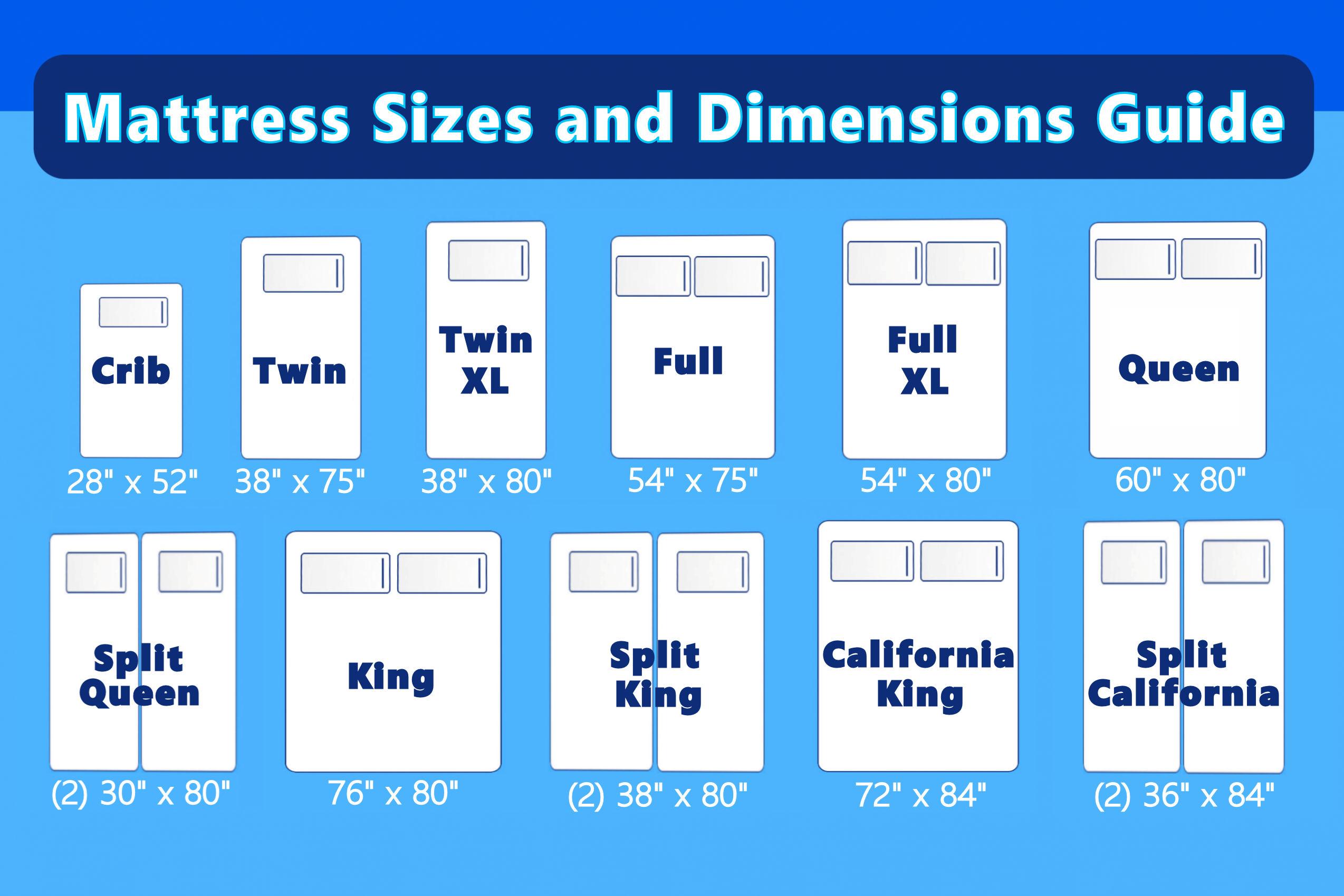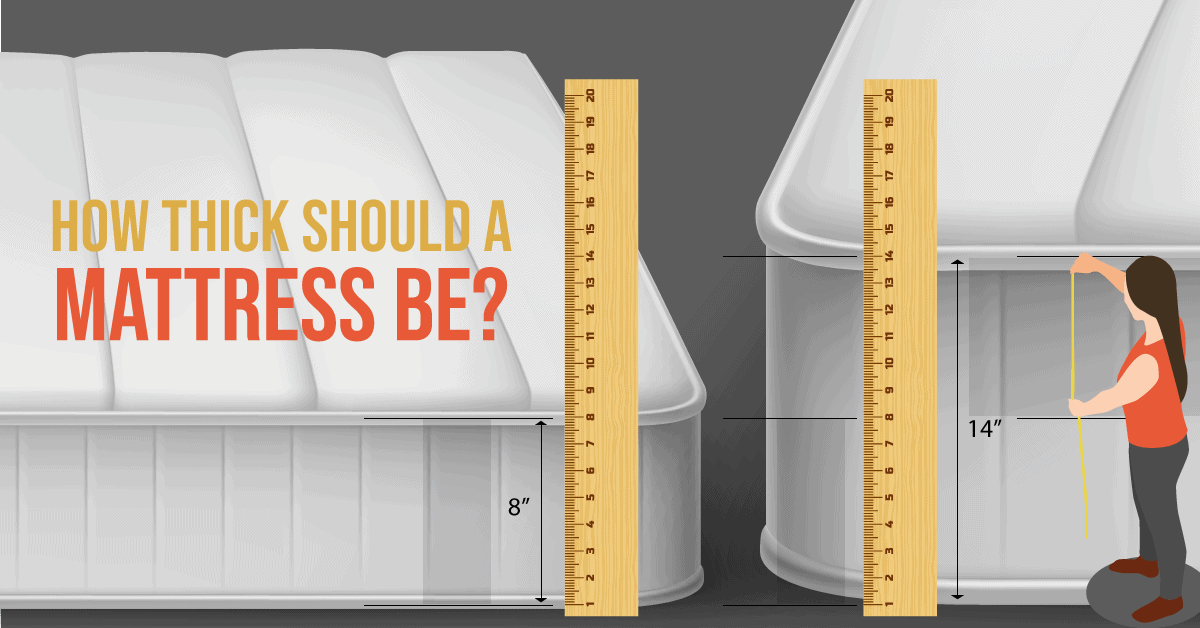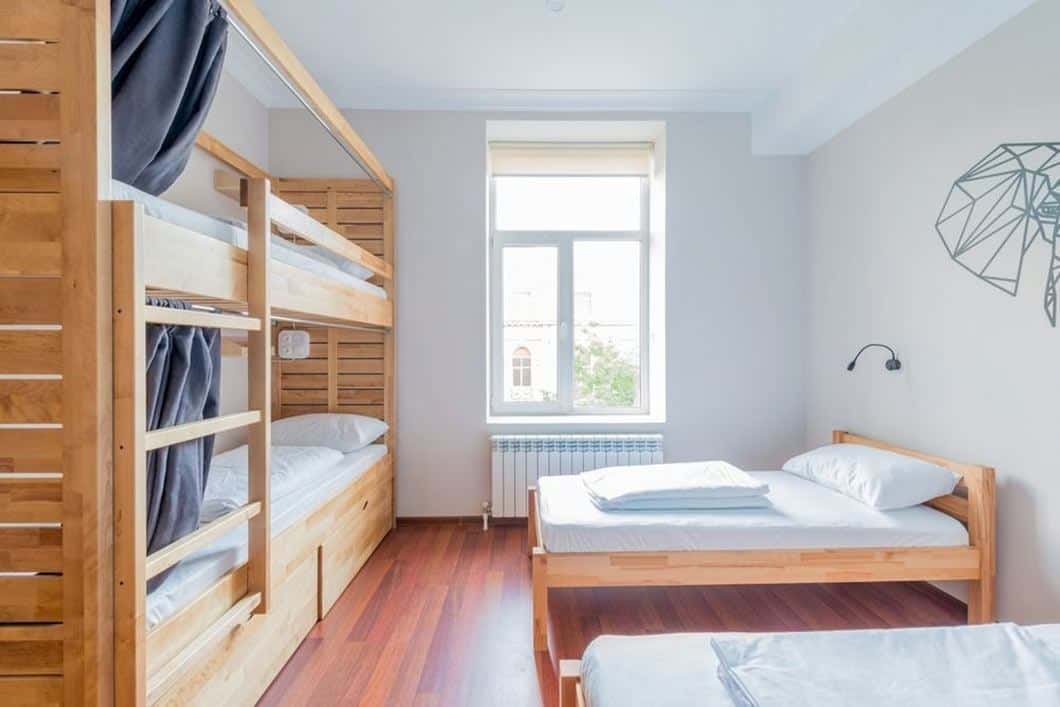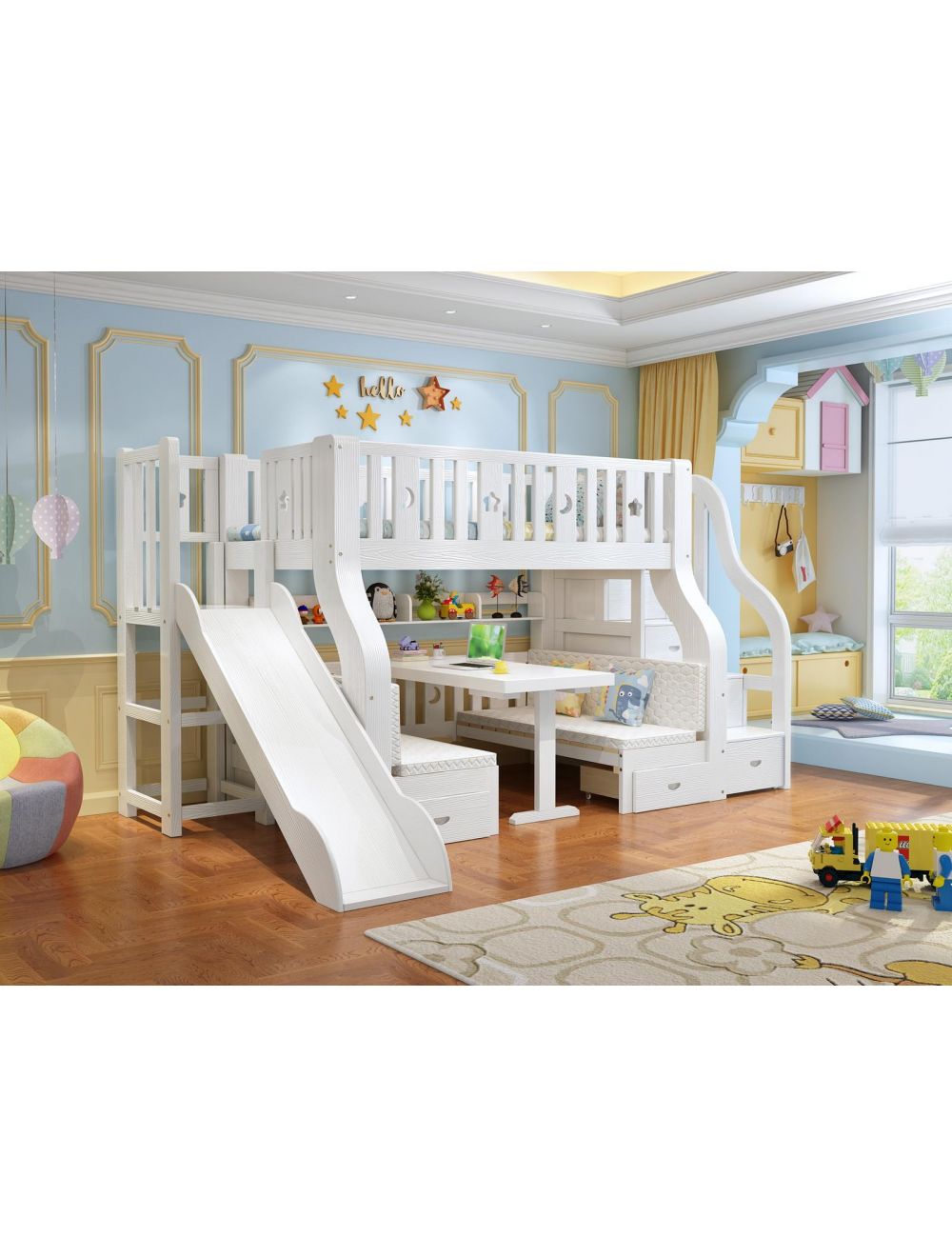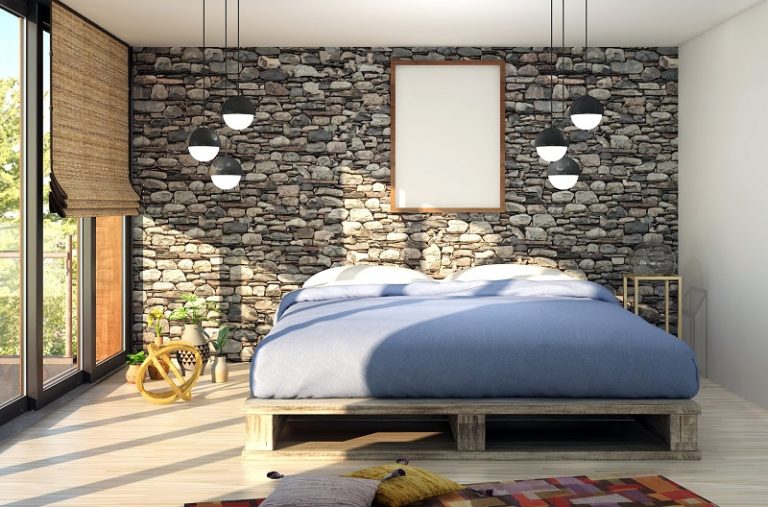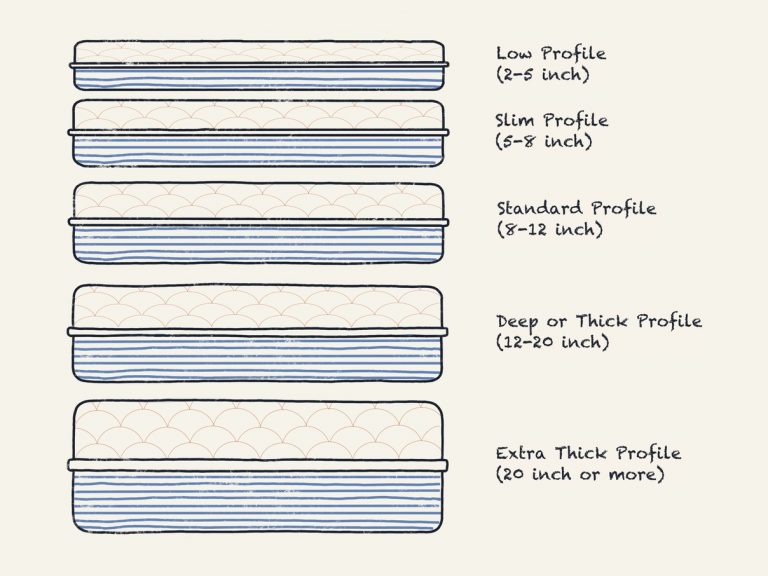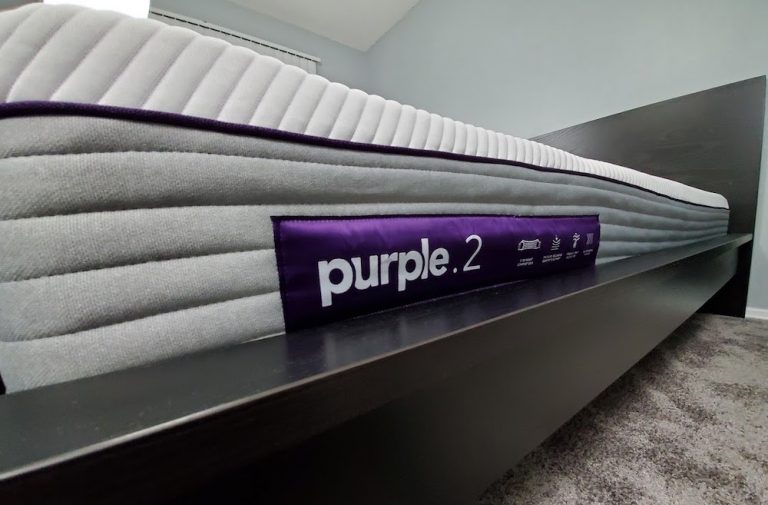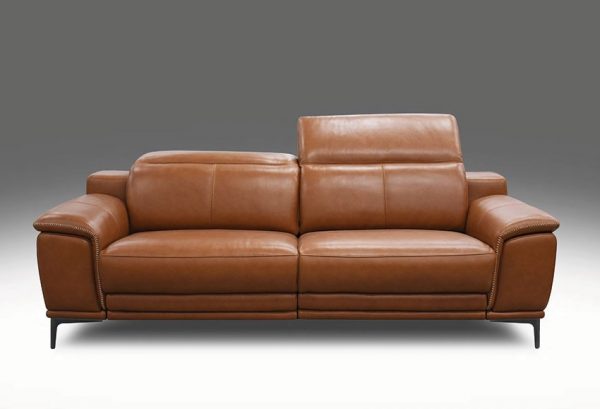1. Standard bunk bed mattress thickness
If you're in the market for a bunk bed, one of the important factors to consider is the thickness of the mattress. The standard thickness for bunk bed mattresses is usually around 6 inches. This is because bunk beds typically have limited space for the top bunk, and a thicker mattress may cause the sleeper to bump their head on the ceiling or feel too close to the top bunk.
However, while a 6-inch mattress may be the standard, it may not necessarily be the best option for everyone. It's important to explore other mattress thickness options to find the perfect fit for your bunk bed setup.
2. Recommended mattress thickness for bunk beds
While the standard thickness for bunk bed mattresses is 6 inches, many experts recommend opting for a slightly thicker mattress, around 8 inches. This provides more support and comfort for the sleeper, especially if the bunk bed will be used by adults or older children.
Keep in mind, the recommended thickness may vary depending on the weight and age of the sleepers using the bunk bed. Younger children may not require as much support, while adults or heavier individuals may need a thicker mattress for proper support and comfort.
3. Ideal mattress thickness for bunk beds
When it comes to the ideal mattress thickness for bunk beds, it ultimately depends on personal preference and the type of bunk bed being used. For a standard twin bunk bed with a weight limit of 200-250 pounds per bunk, a 6-8 inch mattress may be ideal.
However, for a larger bunk bed with a weight limit of 300-400 pounds per bunk, a thicker mattress, around 10 inches, may be more suitable. Additionally, if the bunk bed has a trundle or pull-out bed, a thinner mattress may be necessary to fit in the designated space.
4. Choosing the right mattress thickness for bunk beds
When choosing the right mattress thickness for your bunk bed, it's important to consider the weight and age of the sleepers, the weight limit of the bunk bed, and the available space between the bunks. It's also important to keep in mind that a thicker mattress may not always be the best option for the top bunk, as it can affect the overall stability of the bunk bed.
It's recommended to measure the available space between the bunks and consider the weight limits before making a decision on mattress thickness. Additionally, reading customer reviews and consulting with a sales representative can also help guide you in choosing the right mattress thickness for your bunk bed.
5. Factors to consider when selecting a mattress thickness for bunk beds
Aside from the weight and age of the sleepers and the weight limit of the bunk bed, there are other factors to consider when selecting a mattress thickness for bunk beds. These include the type of mattress (foam, innerspring, hybrid), the firmness level, and any specific needs or preferences of the sleepers.
For example, if you or your child have back issues, a thicker, more supportive mattress may be necessary. If you prefer a softer mattress, a thicker memory foam or pillow top mattress may be the best choice. It's important to consider these factors in addition to the bunk bed setup when choosing a mattress thickness.
6. Common mattress thickness options for bunk beds
While 6-8 inches may be the standard and recommended thickness for bunk bed mattresses, there are other common thickness options to consider. These include 4 inches, 10 inches, and even 12 inches.
A 4-inch mattress may be suitable for younger children or lightweight sleepers, while a 10-inch mattress can provide more support and comfort for older children and adults. A 12-inch mattress may be the best option for larger bunk beds or for those who prefer a thicker, more plush mattress.
7. Pros and cons of different mattress thicknesses for bunk beds
Each mattress thickness option comes with its own set of pros and cons. A thinner mattress may be more affordable and better for smaller bunk beds, but it may not provide enough support for heavier individuals. A thicker mattress may offer more support and comfort, but it can also be more expensive and take up more space in the bunk bed.
It's important to weigh these factors and consider your personal needs and preferences when selecting a mattress thickness for your bunk bed.
8. How to measure for the perfect mattress thickness for bunk beds
To ensure you choose the perfect mattress thickness for your bunk bed, it's important to measure the available space between the bunks and the weight limit of the bunk bed. Measure the space between the bunks at the head and foot of the bed to ensure the mattress won't be too close to the top bunk or the ceiling.
Additionally, consider the weight limit of the bunk bed and make sure the mattress thickness will provide enough support for the sleepers. If you're unsure, consult with a sales representative or read customer reviews to get a better understanding of the best mattress thickness for your specific bunk bed setup.
9. Top-rated mattress thicknesses for bunk beds
When it comes to finding the best mattress thickness for your bunk bed, it can be helpful to look at top-rated options. Some of the most highly rated mattress thicknesses for bunk beds include 6 inches, 8 inches, and 10 inches.
However, it's important to remember that the best thickness for your bunk bed may vary depending on your personal preferences and needs, so don't be afraid to explore other options as well.
10. Tips for finding the best mattress thickness for your bunk bed setup
To summarize, here are some helpful tips for finding the best mattress thickness for your bunk bed setup:
The Importance of Choosing the Right Mattress Thickness for Your Bunk Bed
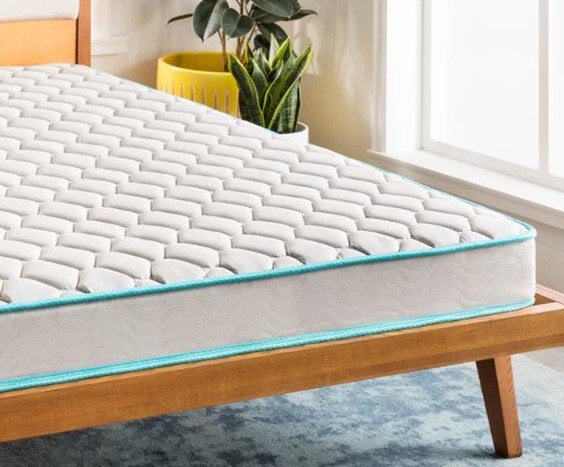
Why is the mattress thickness important?
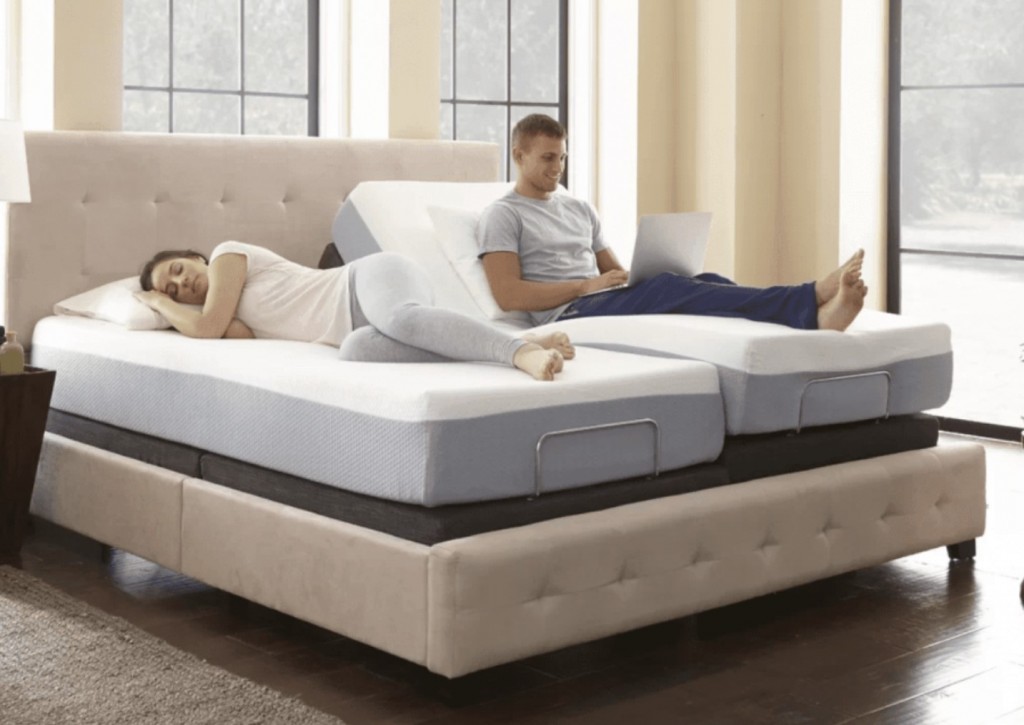 When it comes to designing a bunk bed, choosing the right mattress thickness is crucial for both safety and comfort. Bunk beds are a popular choice for families with children and can also be a space-saving solution for small bedrooms. However, the wrong mattress thickness can lead to numerous problems, including discomfort, lack of support, and even potential injuries. Therefore, it is important to understand the optimal mattress thickness for bunk beds to ensure a comfortable and safe sleeping environment.
When it comes to designing a bunk bed, choosing the right mattress thickness is crucial for both safety and comfort. Bunk beds are a popular choice for families with children and can also be a space-saving solution for small bedrooms. However, the wrong mattress thickness can lead to numerous problems, including discomfort, lack of support, and even potential injuries. Therefore, it is important to understand the optimal mattress thickness for bunk beds to ensure a comfortable and safe sleeping environment.
What is the ideal mattress thickness for bunk beds?
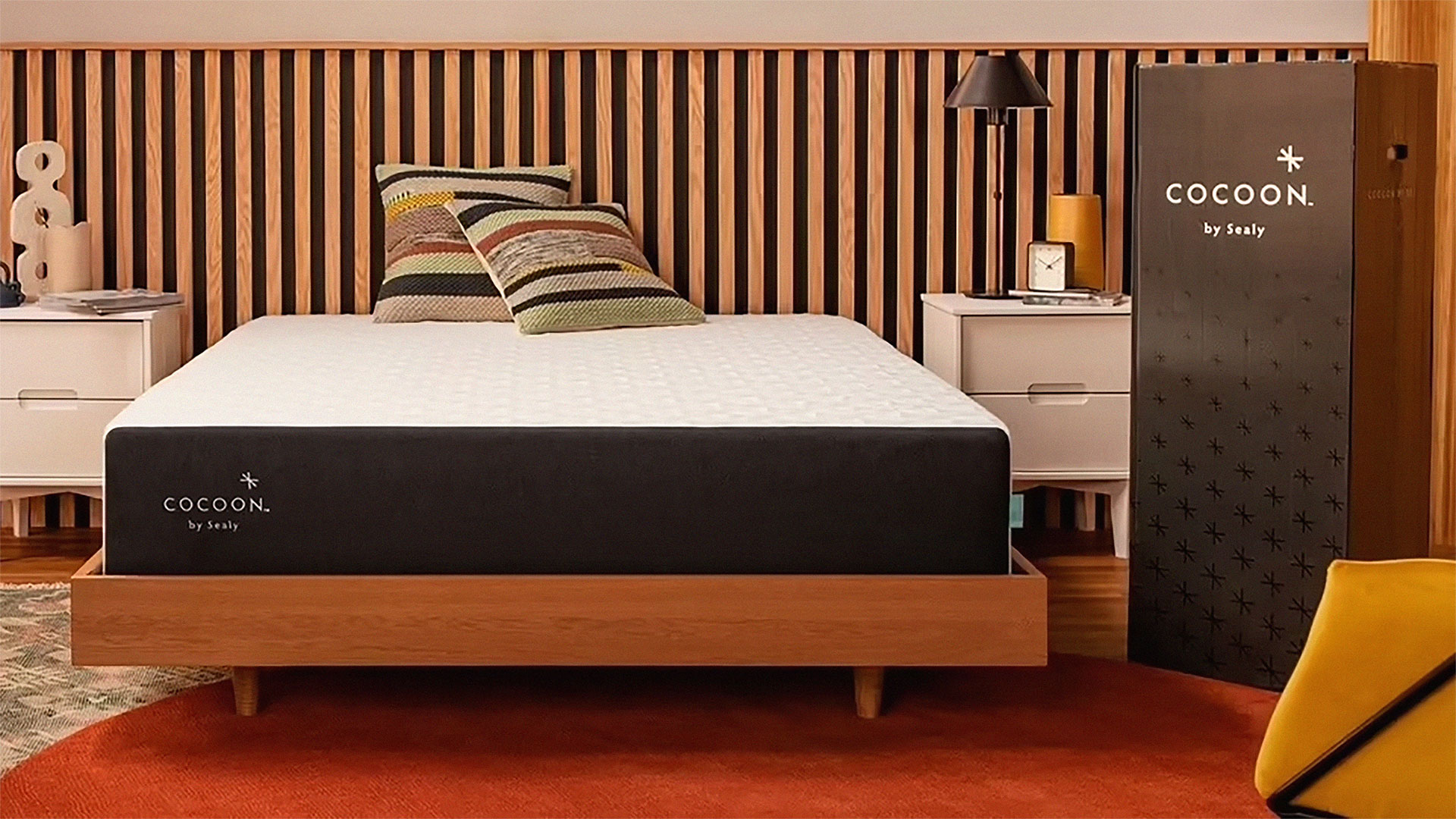 The ideal mattress thickness for bunk beds depends on several factors, including the age and weight of the sleepers, the type of mattress, and the bunk bed design. Generally, for children and young adults, a mattress thickness of 6-8 inches is recommended. This provides enough support and comfort for growing bodies without being too bulky. For adults, a thicker mattress of 8-10 inches may be more suitable, especially if they have a larger build or prefer a firmer mattress.
The ideal mattress thickness for bunk beds depends on several factors, including the age and weight of the sleepers, the type of mattress, and the bunk bed design. Generally, for children and young adults, a mattress thickness of 6-8 inches is recommended. This provides enough support and comfort for growing bodies without being too bulky. For adults, a thicker mattress of 8-10 inches may be more suitable, especially if they have a larger build or prefer a firmer mattress.
The importance of proper support
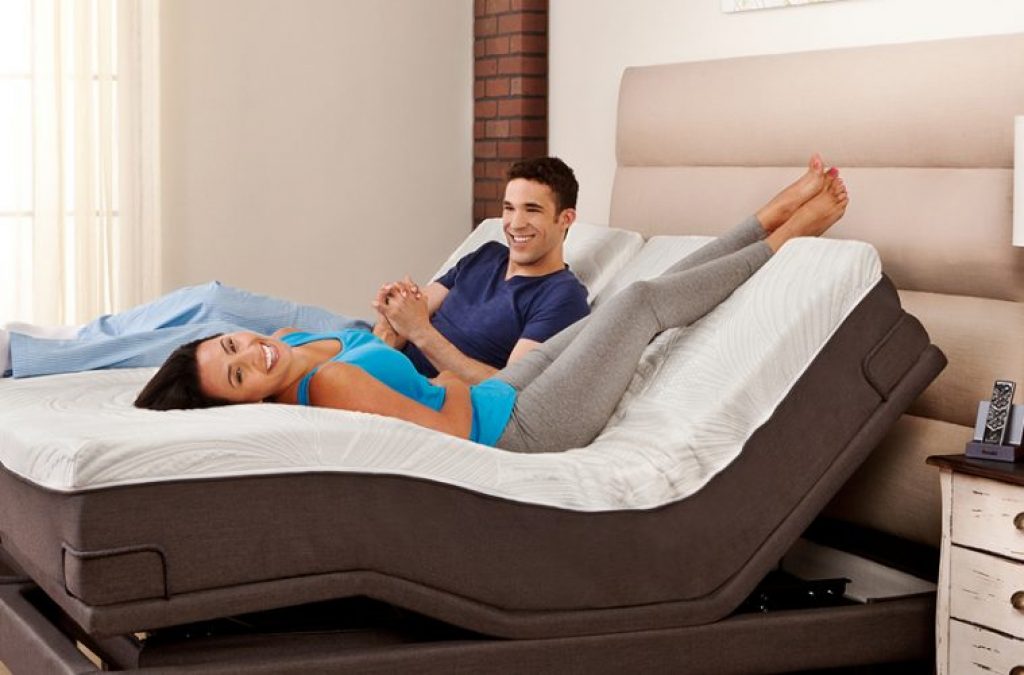 One of the main reasons for choosing the right mattress thickness for bunk beds is to ensure proper support for the sleepers. A thin mattress may not provide enough support, leading to discomfort and potential health issues such as back pain. On the other hand, a mattress that is too thick can be too firm and put unnecessary pressure on the sleeper's body. It is important to find a balance between the two to ensure proper support for a good night's sleep.
One of the main reasons for choosing the right mattress thickness for bunk beds is to ensure proper support for the sleepers. A thin mattress may not provide enough support, leading to discomfort and potential health issues such as back pain. On the other hand, a mattress that is too thick can be too firm and put unnecessary pressure on the sleeper's body. It is important to find a balance between the two to ensure proper support for a good night's sleep.
Safety considerations
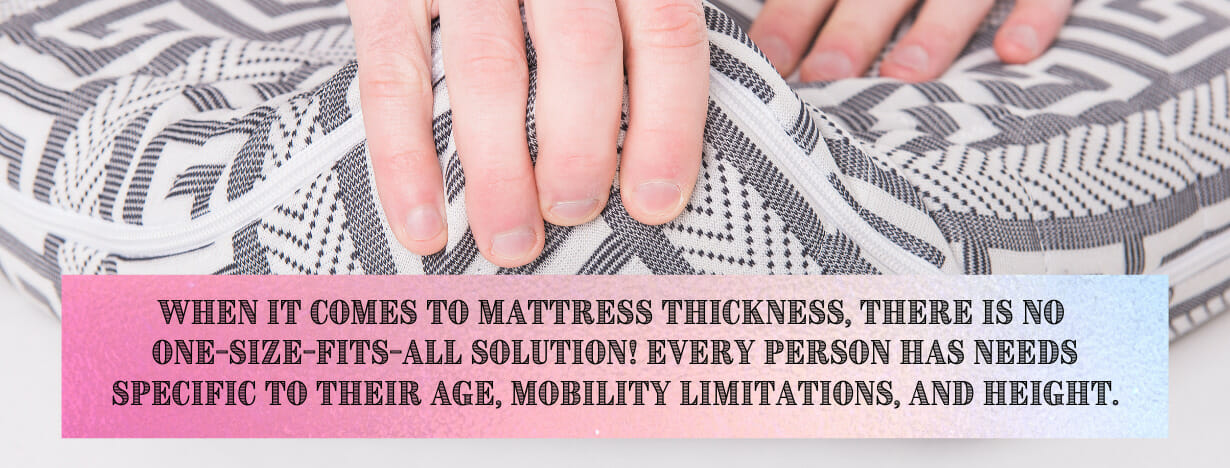 Aside from comfort, safety is another crucial factor to consider when choosing the mattress thickness for bunk beds. A thin mattress can easily shift or slide off the top bunk, posing a falling hazard for the sleeper. On the other hand, a mattress that is too thick may not leave enough space between the top bunk and the ceiling, increasing the risk of head injuries. It is important to follow the manufacturer's guidelines for the maximum mattress thickness recommended for the bunk bed.
Aside from comfort, safety is another crucial factor to consider when choosing the mattress thickness for bunk beds. A thin mattress can easily shift or slide off the top bunk, posing a falling hazard for the sleeper. On the other hand, a mattress that is too thick may not leave enough space between the top bunk and the ceiling, increasing the risk of head injuries. It is important to follow the manufacturer's guidelines for the maximum mattress thickness recommended for the bunk bed.
Additional factors to consider
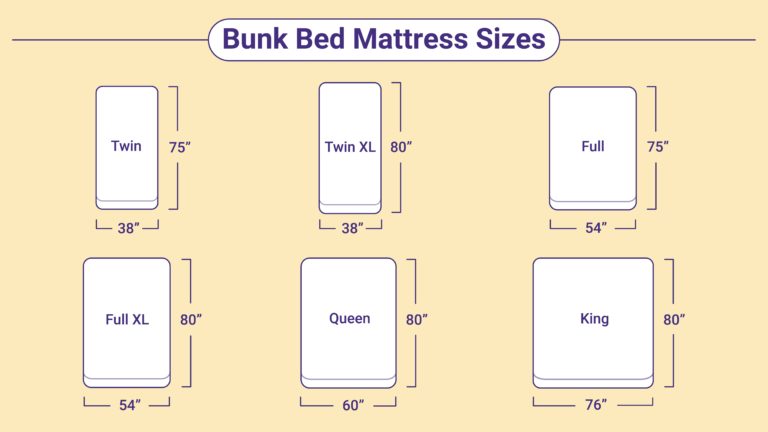 Apart from the factors mentioned above, there are a few other things to keep in mind when choosing the mattress thickness for bunk beds. These include the type of mattress (memory foam, innerspring, etc.), the bunk bed design (standard or loft-style), and the weight limit of the bunk bed. It is also important to regularly check the mattress thickness and replace it if it becomes too thin or worn out.
In conclusion, choosing the right mattress thickness for your bunk bed is essential for both comfort and safety. By considering factors such as age, weight, and support needs, you can select the ideal mattress thickness for your bunk bed. Remember to also prioritize safety and regularly check the condition of the mattress for a good night's sleep and peace of mind.
Apart from the factors mentioned above, there are a few other things to keep in mind when choosing the mattress thickness for bunk beds. These include the type of mattress (memory foam, innerspring, etc.), the bunk bed design (standard or loft-style), and the weight limit of the bunk bed. It is also important to regularly check the mattress thickness and replace it if it becomes too thin or worn out.
In conclusion, choosing the right mattress thickness for your bunk bed is essential for both comfort and safety. By considering factors such as age, weight, and support needs, you can select the ideal mattress thickness for your bunk bed. Remember to also prioritize safety and regularly check the condition of the mattress for a good night's sleep and peace of mind.





